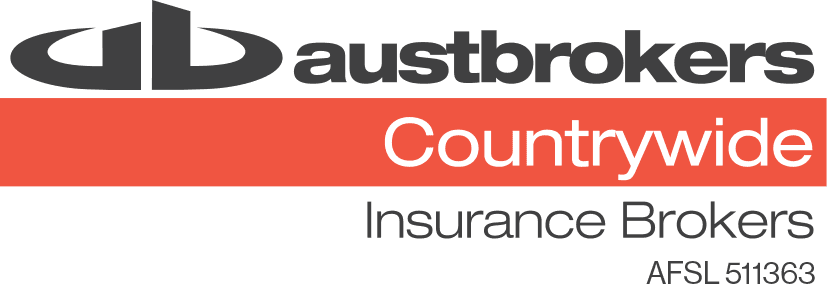Public liability insurance
Accidents happen and when you're in and out of people's homes, you're responsible for any damage you cause. Public liability insurance can protect you if you break a mirror, knock over a vase or ruin a rug.
- Required
- $53
Accidents happen and when you're in and out of people's homes, you're responsible for any damage you cause. Public liability insurance can protect you if you break a mirror, knock over a vase or ruin a rug.

Professional vacuums, carpet cleaners and floor polishers aren't cheap. Portable equipment cover can pay for a replacement if someone steals equipment from your van or if your tools break on the job.
Average cost based on historical costs using our engine. Last checked February 2026
If you are a cleaner operating as a sole trader, you are personally responsible for your business. Every aspect of your business, both legal and financial, is your responsibility and if something goes wrong, the buck stops with you. That means if you have outstanding debts or need to cover fines or legal costs, personal assets such as your home and car could be in the firing line.
If you are a cleaner working for yourself, there are various types of insurance covers you might want to consider to protect your interests, including the following:

This pays your defence, legal and court costs plus any compensation awarded against you arising from a claim of accidental injury or property damage caused by your business.

This covers your general property, such as essential cleaning equipment, against theft or damage anywhere in Australia, whether on or off the job.

This pays a benefit of up to 85% of your income if you are temporarily unable to work because of an illness or injury.
If you still aren’t sure whether you need cleaners insurance, the following examples may illustrate why it can be very useful to have.
Example 1: A cleaner contracted by a strip mall failed to post a Wet Floor sign after mopping up a spill and an elderly female shopper slipped and broke her ankle, requiring surgery and a lengthy recovery in hospital. The woman was unable to sue the owners of the strip mall, so she lodged a claim against the cleaner for negligence and was awarded $50,000 in damages. Since the cleaner didn't have cleaners insurance, the cleaner was forced to wind up their business and take out a second mortgage on their house to cover the compensation bill.
Example 2: A sole-trader cleaner contracted by an accountancy firm accidentally spilled a cleaning agent on their boardroom table, causing permanent damage to the blackwood surface. The firm of accountants lodged a claim against the cleaner for the cost of a new table, which because of the rare nature of the timber involved, was around $115,000. Fortunately, the cleaner had public liability insurance, which covered the entire cost, or they would have been personally liable for replacing the table.
* This is a fictional, but realistic, example.
Receive a Quote for Business Insurance

Public liability cover offers protection from liability if a third party suffers a loss or damage as a result of your business’s activities.
Does your business run events? Public liability insurance is an important step for both one-day and regular events.
In order to find the right level of public liability cover assess the risks your business faces to determine just how much cover you need. Compare the benefits, limits and exclusions of a number of policies, while it’s also a good idea to obtain multiple quotes from competing insurers.